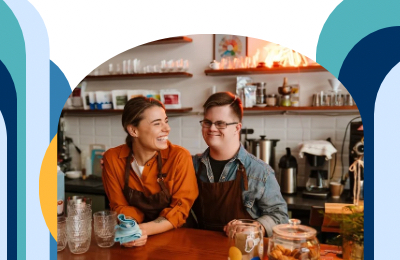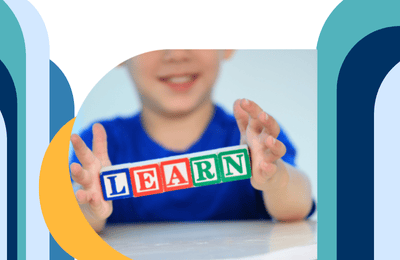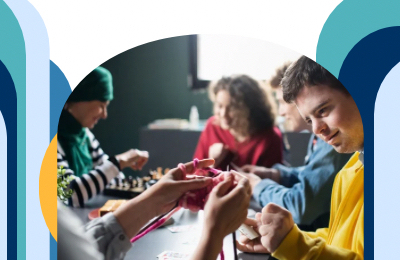When people ask me what it’s like working as an Intellectual Disability Support Worker, I always tell them the same thing: no two days are ever exactly the same, but every day is full of moments that matter. It’s a career built around people — supporting, empowering, and celebrating their successes, big and small. If you’ve ever wondered what a typical day looks like, let me walk you through it.
Morning: Setting a Positive Tone
My day usually starts early. I arrive at the community residential service just before breakfast, ready to support the individuals I work with as they begin their day. Some people need a little help with personal care, while others just want a friendly face and encouragement as they get themselves ready. We work together, always at their pace, always with respect for their independence.
Breakfast is a lively time. I help someone toast their bread just the way they like it or remind another to take their medication. It’s not about doing things for people — it’s about doing things with them, encouraging skills that promote confidence and autonomy.
After breakfast, depending on the day, I might support someone to get ready for an outing, a doctor’s appointment, or a community class. We chat about the plans ahead, sometimes go over a checklist together. It’s about preparation, reassurance, and building excitement for the day’s activities.
Midday: Supporting Growth and Connection
Late morning is usually when structured activities take place. Some days, I’ll accompany someone to a life skills class where they might be learning cooking or computer skills. Other days, we head to the local town centre for some shopping or a visit to the park.
My role is to offer just the right amount of support — stepping in when needed, stepping back to let them lead whenever possible. Watching someone grow in confidence, whether it’s asking a shop assistant for help or mastering the bus route independently, never stops being rewarding.
There are days when I advocate alongside them too, whether it’s filling out forms, attending appointments, or helping them understand their rights and options. It’s a huge part of what I do: being an ally and a voice when it’s needed most.
Afternoon: Celebrating Everyday Wins
After lunch, the pace often relaxes a bit. Some people love arts and crafts, others prefer sports or gardening. Some days we just have a cup of tea and talk about what’s happening in their lives.
Celebrating the little victories is one of my favourite parts of this job. It could be as simple as someone trying a new recipe, making a new friend, or speaking up for themselves in a meeting. Every achievement is important. Every step forward is a shared success.
Before the afternoon ends, I spend some time documenting the day — recording any important information, noting progress toward personal goals, and making sure everything is communicated clearly to the rest of the team.
Evening: Supporting Winding Down
As evening approaches, we start winding down. Dinner preparation becomes another opportunity for learning and independence — setting the table, chopping vegetables, choosing what’s on the menu. Later, there might be time for games, watching TV, or just relaxing with a favourite book or puzzle.
Supporting someone in these quieter moments is just as meaningful as the busy parts of the day. It’s about creating a sense of home, belonging, and security. As my shift ends, I do a handover with the evening team, making sure everything is in place for a smooth transition.
Why I Love What I Do
Being an Intellectual Disability Support Worker isn’t always easy. There are challenging days, just like in any career. But the rewards — the smiles, the laughter, the milestones reached — are beyond anything I could have imagined when I first started.
Every day, I have the privilege of walking alongside incredible individuals as they grow, achieve, and live life on their own terms. That’s what keeps me coming back. That’s why I’m proud to do what I do.
If you’re someone who’s passionate about helping others, who believes in equality, empowerment, and community, then this could be the career for you.
At Forus Training, the QQI Level 5 Major Award in Intellectual Disability Practice gave me the perfect foundation to build this career. The knowledge, the skills, and the confidence I gained have been invaluable every single day since.
Your journey could start today. Let’s make a difference — together.
👉 Learn More About Our Intellectual Disability Practice Course




















